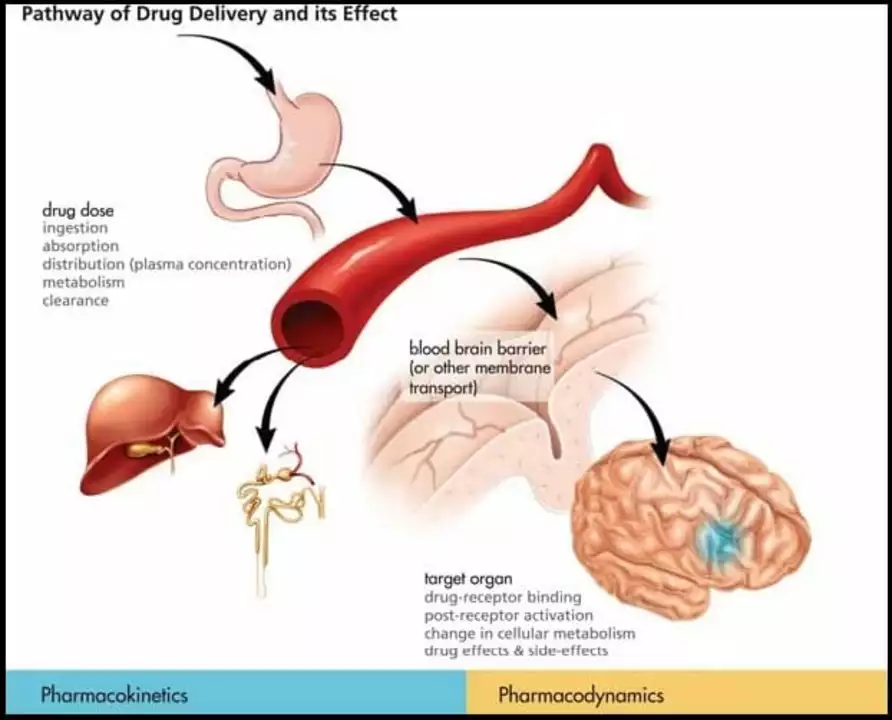Abiraterone: What You Need to Know
Abiraterone is a medicine for advanced prostate cancer that keeps growing despite standard hormone therapy.
It works by blocking an enzyme called CYP17 and cutting down the body’s androgen production.
Doctors usually give abiraterone with a low dose of prednisone to prevent side effects tied to hormone shifts.
If you take it at home, timing and food matter—take abiraterone on an empty stomach as food can massively boost absorption and increase risk.
Typical side effects include high blood pressure, low potassium, fluid retention, and liver enzyme rises.
Your doctor will check blood pressure, potassium levels, and liver tests before starting and during treatment.
Missed doses matter but do not double up; if you forget a dose follow your provider’s instructions or the leaflet.
Abiraterone can interact with many drugs, especially those that affect liver enzymes, so always tell your doctor about all medicines and supplements you take.
Avoid grapefruit and grapefruit juice; they change how the drug is processed and can raise levels unexpectedly.
Common real-world issues patients report are fatigue, joint aches, and mild nausea—usually manageable but worth mentioning early.
If you have heart disease, severe liver problems, or very low potassium, discuss risks carefully; abiraterone may not be suitable.
Before starting, expect baseline blood tests and regular monitoring every few weeks at first, then less often if stable.
If liver enzymes rise significantly the team may pause or stop the drug until levels recover.
Women who are pregnant must avoid any contact with abiraterone tablets or crushed pills because the drug can harm a fetus.
You may hear about brand names or generic versions; the active ingredient is abiraterone acetate, and generics are common and effective.
Cost and insurance coverage vary widely—ask your clinic about assistance programs or cheaper generic options if price is an issue.
Short practical tips: take on empty stomach, use prednisone as told, report swelling or headaches, and keep follow-up labs.
If you plan dental work, surgery, or new vaccines, tell your oncology team so they can advise about timing and safety.
Questions to ask your doctor: How will we monitor my liver? What are red flags for danger? Is a generic fine for me?
Want more reliable reading? Look for patient leaflets, your clinic’s information, and trusted sites; avoid random forums for medical advice.
Abiraterone can extend life for many men with advanced prostate cancer, but it works best when patients and doctors watch for problems early.
Talk openly about side effects and practical issues like travel, dosing times, and pill access—small steps make treatment smoother.
Quick checks before you start
Make sure you have recent liver tests, a blood pressure plan, and a list of all medications.
Simple safety rules
Keep emergency contacts handy, report sudden weight gain or fainting, and carry a note that you take abiraterone and prednisone. If unsure, call your clinic — quick checks prevent big problems and help you stay on treatment.
Always discuss changes with your doctor.
Bring a medication list to every appointment and update it.

